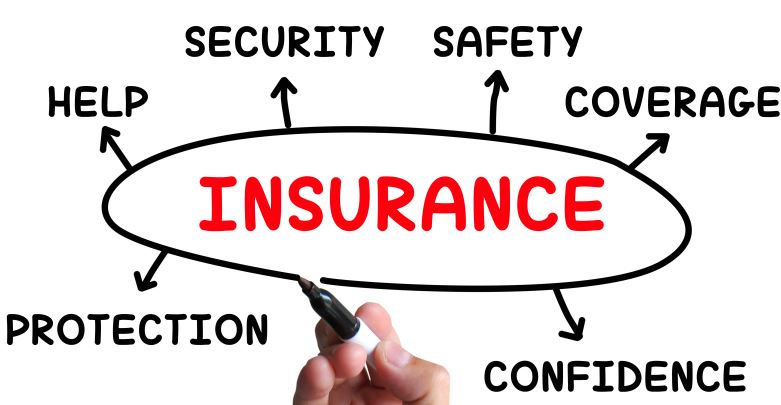Insurance serves as a crucial mechanism for managing risk and providing financial protection against unforeseen events. It acts as a safety net, offering individuals, businesses, and communities peace of mind by safeguarding against potential losses and helping them recover from adversity. From life insurance to property insurance and beyond, understanding the fundamentals and benefits of insurance is essential in navigating the uncertainties of life and securing a stable future.
At its core, insurance is a contract between an individual or entity (the policyholder) and an insurance company. In exchange for regular premium payments, the insurance company assumes the risk of potential losses or damages. In the event of an insured loss, the policyholder receives financial compensation or coverage as outlined in the policy. This risk-sharing arrangement allows individuals and businesses to transfer the financial burden of potential losses to the insurance company, providing a sense of security and stability.
One of the most common forms of insurance is life insurance. It provides a safety net for loved ones in the event of the policyholder’s death, offering financial support to cover funeral expenses, debt obligations, and provide for the future well-being of dependents. Life insurance policies can also serve as investment vehicles, accumulating cash value over time that can be accessed during the policyholder’s lifetime.
Property insurance, including homeowners insurance and renters insurance, protects against losses or damages to physical assets. It covers events such as fire, theft, natural disasters, or liability claims. Property insurance provides financial protection, allowing individuals to repair or replace their belongings, safeguard their homes, and mitigate the financial impact of unexpected events.
Insurance also plays a critical role in business operations. Business insurance covers a wide range of risks, including property damage, liability claims, and business interruption. It helps businesses recover from unforeseen events, such as accidents, natural disasters, or legal claims, ensuring their continuity and minimizing financial losses. In addition, professional liability insurance protects professionals, such as doctors, lawyers, and architects, against claims of negligence or malpractice.
Insurance fosters economic stability by spreading risks across a large pool of policyholders. Insurance companies assess risks, set premiums based on actuarial calculations, and pool funds from policyholders to pay for claims. This mechanism allows individuals and businesses to protect themselves against potentially catastrophic losses without bearing the full financial burden.
However, insurance is not without its complexities. Policyholders must carefully review policy terms, coverage limits, and exclusions to ensure they have appropriate coverage for their needs. Insurance companies assess risks and determine premiums based on various factors, including age, health, occupation, and the type of coverage required. Transparency and clear communication between insurers and policyholders are crucial to ensure understanding and avoid potential disputes.
In conclusion, insurance serves as a vital tool in managing risks, protecting lives, and securing assets. It provides financial support and stability in the face of unforeseen events. From life insurance to property and business insurance, understanding the importance of insurance and making informed decisions about coverage can safeguard individuals, businesses, and communities, enabling them to navigate uncertainties with confidence and peace of mind.

